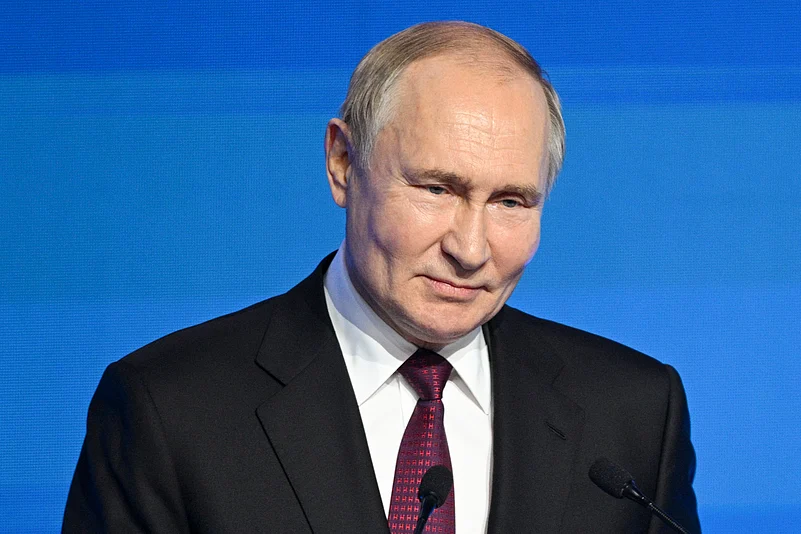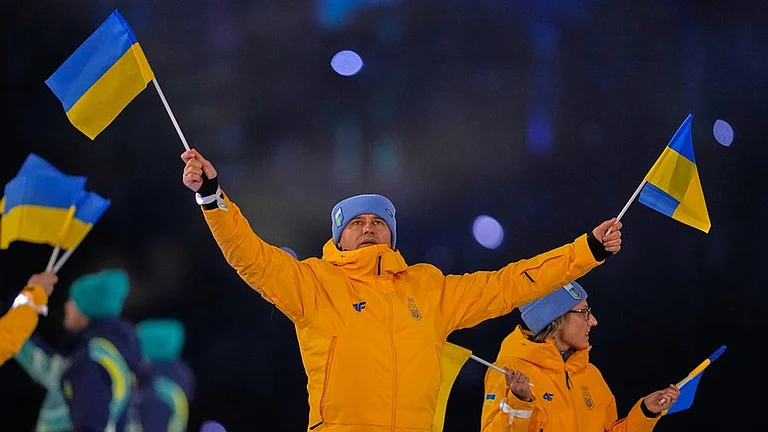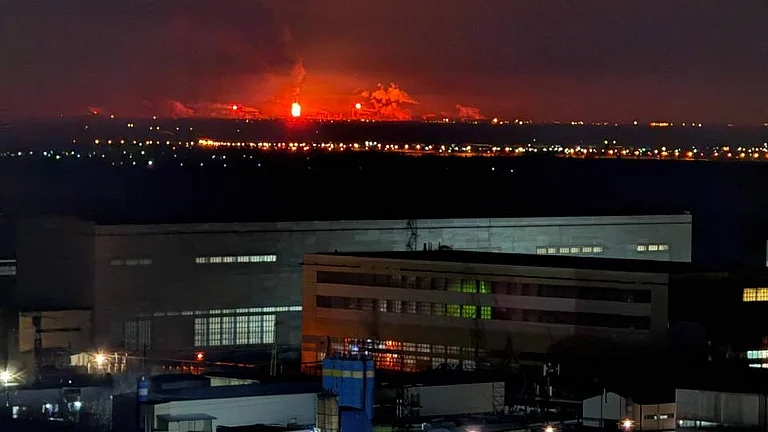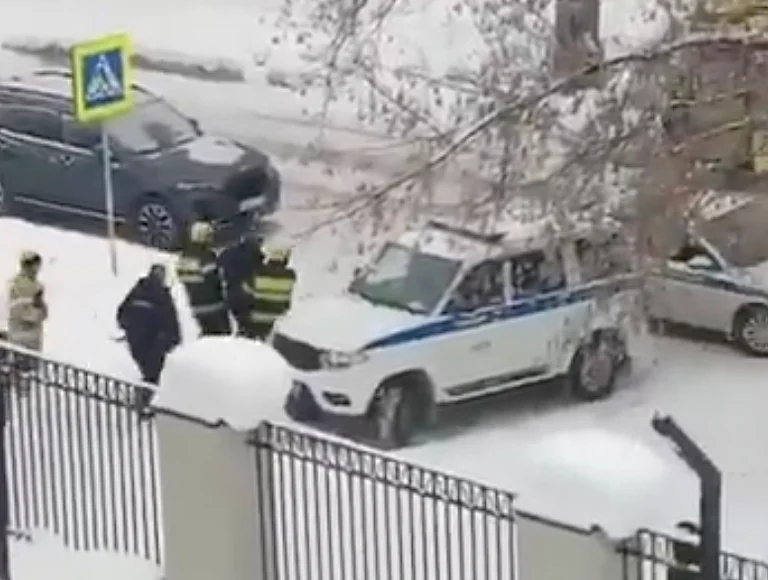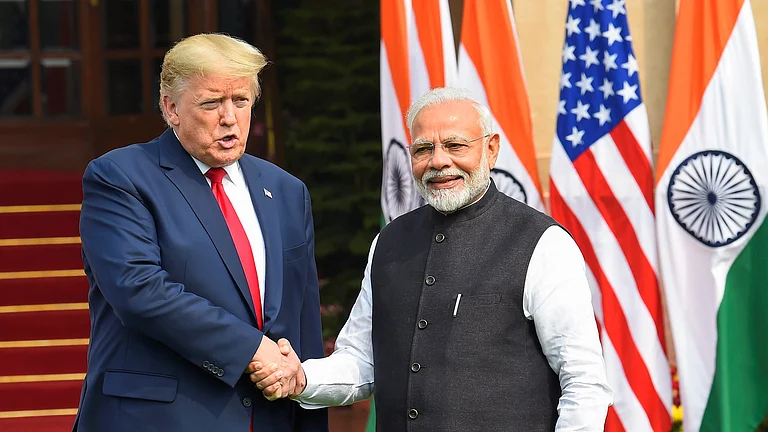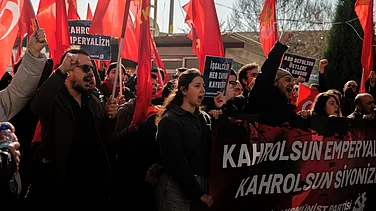
Putin signs decree to boost Russian identity in annexed Ukrainian regions by 2036.
Strategy targets 95% of population identifying as Russian and using Russian language.
Ukraine remains cautious on U.S.-backed peace plan amid potential territorial concessions.
Russian President Vladimir Putin has signed a decree ordering Moscow to intensify efforts so that by 2036, 95 per cent of the population in Russia’s annexed Ukrainian territories identify as Russian and speak the Russian language. According to Reuters, the document, titled “Strategy of Russia’s national policy in the period to 2036”, calls for a broad campaign aimed at strengthening Russian civic identity in regions incorporated after the 2022 invasion.
The decree outlines a series of measures intended to secure language use and civic allegiance, especially in the eastern regions claimed by Moscow. It describes the annexation of parts of Ukraine, notably Donetsk, Luhansk, Kherson and Zaporizhzhia, as having “created conditions for restoring the unity of the historical territories of the Russian state.”
Further, it stipulates it is necessary “to adopt additional measures to strengthen overall Russian civic identity,” reinforce the use of the Russian language, and counter “efforts by unfriendly foreign states to destabilise inter-ethnic and inter-confessional relations and create a split in society.”
Under the terms of the strategy, success will be judged by a target measure: “the level of overall Russian civic identity (civic self‑awareness) – no less than 95 percent.” The document is expected to come into force in January.
Before the conflict, substantial numbers of people in what is now eastern Ukraine spoke Russian or were sympathetic to Russia — a legacy stretching back before the Soviet period. Since the invasion, however, Russian officials say that such sympathies have largely disappeared and surveys point to a significant decline in the use of Russian there.
Meanwhile, Ukraine’s President Volodymyr Zelenskyy said on Tuesday that Kyiv is prepared to advance a U.S.-backed peace proposal, even as Ukrainian leaders remain cautious that any settlement could impose Russian-favourable conditions, including territorial concessions.
During Russia’s 2022 offensive, Putin justified the invasion by accusing Kyiv of discrimination against Russian-speakers and vowing to “demilitarise and denazify” Ukraine, casting itself as the protector of Russian language and identity. Since 1991, Ukrainian has been the sole official state language. Kyiv rejects Russian claims of systematic discrimination against Russian-speakers.
(With inputs from Reuters)






